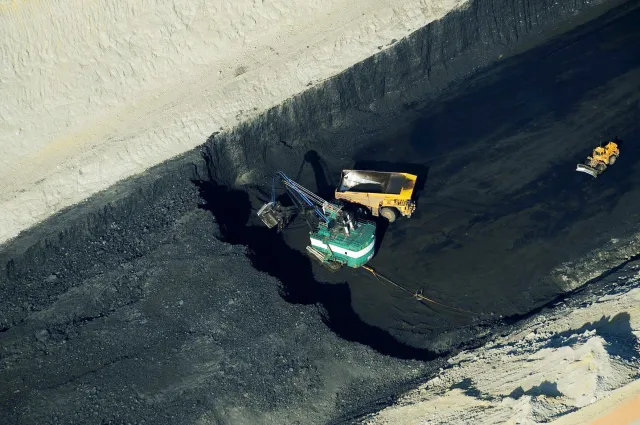Federal officials turned down a bid from Navajo Transitional Energy Co. (NTEC) to acquire rights to 167 million tons of coal on public lands in Montana. The bid asked only $186,000, which works out to less than a penny per ton. The offer did not meet legal requirements under the Mineral Leasing Act, which demands that coal leases reflect fair market value.
Legal Reasoning and Market Standards
The Interior Department stated that the bid failed to satisfy the fair market value requirement. In past sales, coal prices on public lands fetched much higher rates, such as $1.10 per ton in a previous Wyoming lease. Officials cannot accept bids far below those levels under current law.
Who Made the Bid and Why It Was Low
NTEC, which is owned by the Navajo Nation, submitted this bid. They justified the low price by pointing to shrinking demand for coal. Many power plants that currently use coal from NTEC served mines are expected to retire coal operations in the next decade. Export potential exists, but logistical limits like port capacity reduce that option.
Broader Implications for Coal and Energy Policy
This failed sale illustrates how coal’s value has declined sharply. Utilities now prefer cheaper and cleaner energy sources like natural gas, wind, or solar. Environmental concerns and regulatory changes also discourage large coal operations. While the Trump administration pushes for increased coal production, market trends work against it.
What This Means Moving Forward
Because the bid was rejected, the government must reassess how to price future coal leases. Another large proposed lease in Wyoming for about 440 million tons has already been postponed after seeing the weak interest in this Montana sale. Officials will likely scrutinize market demand and environmental costs more closely in future lease considerations.
Conclusion
The rejected bid for 167 million tons of coal at less than a penny per ton shows how much the value of coal has eroded in the U.S. under current market and regulatory pressures. Legal requirements forced the rejection because the offer did not reflect fair market value. NTEC’s low bid reflected shrinking domestic demand and export limits. Moving forward, coal leases will likely face stricter valuation scrutiny and competition from cleaner energy sources.
Bonus Read: Trump Threatens 100% China Tariff




https://shorturl.fm/oA1If